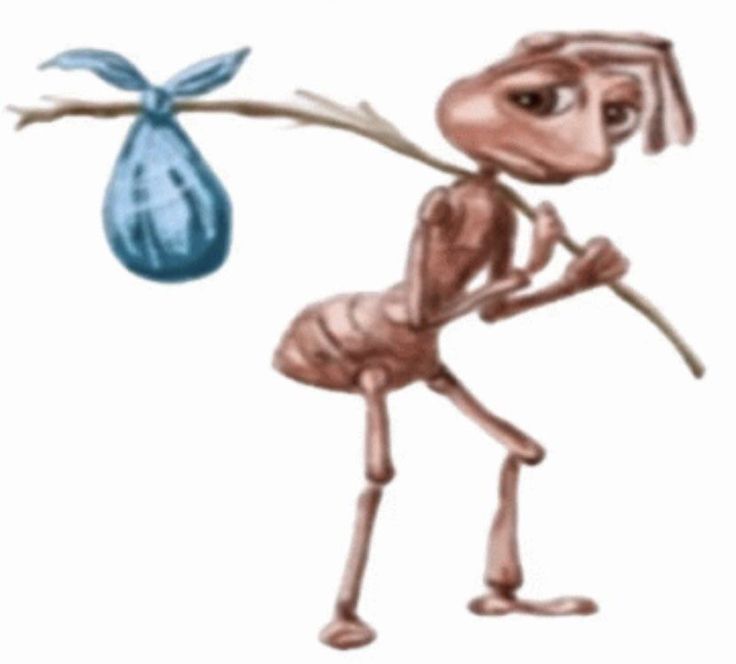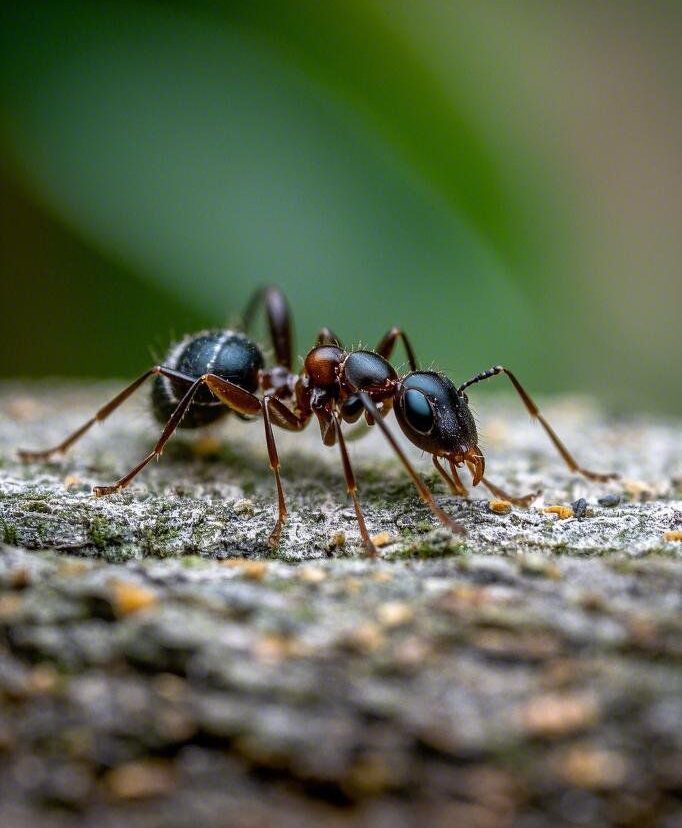Language is full of small, sweet words that carry more meaning than they first seem. One such word is “Hormita.” Many people hear it in Spanish conversations, songs, or children’s stories, but when they try to look it up in the dictionary, it’s not always there. So, what does Hormita really mean? Why do people use it? And how does it connect to culture, family, and daily life?
This article explains everything in simple words so anyone can understand, even if you are just learning Spanish. https://wislay.net/
Why Is Hormita Not in the Dictionary?
If you try to search for Hormita in a regular Spanish dictionary, you may not find it. The reason is simple: This word is not an official word. It is a diminutive form of another word.
-
The Spanish word “hormiga” means ant (the small insect).
-
When Spanish speakers want to make a word smaller or cuter, they often add “-ita” or “-ito.”
-
So, “hormiga” becomes “hormiguita” → which means “little ant.”
-
From there, people sometimes shorten it even more to “Hormita.”
So, this word is not in the official dictionary because it is more of a spoken, creative, and affectionate variation of “hormiguita.”
Hormita and the Spanish Language
Spanish is a language that loves diminutives. These are little endings that change words to sound smaller, cuter, or more loving. Examples:
-
perro → perrito (dog → little dog / cute dog)
-
flor → florecita (flower → little flower)
-
niño → niñito (child → little child)
In the same way, hormiga → hormiguita → hormita.
This shows how flexible and playful Spanish is. People don’t always follow rules. They invent new sounds, shorten words, and create nicknames. That is why it feels warm and friendly.
How People Use Hormita in Real Life
Even though it’s not in the dictionary, Horminga is alive in everyday speech. Here are some common uses:
-
As a Nickname for Kids
Parents or grandparents may call a little girl “mihormita” (my little ant). It sounds cute and playful. -
As a Pet Name
Couples sometimes use sweet animal names like gatito (little cat), osito (little bear), or hormita for fun. -
To Describe Someone Hardworking
Ants are famous for being busy and organized. If someone works a lot, people may say: “Eres como una hormita” (You are like a little ant). -
In Funny Local Jokes
In some places, children use Hormita in rhymes or jokes about ants carrying food.
Hormita in Children’s Stories and Songs
Children’s literature often takes inspiration from animals and insects. Ants appear often because they teach values like teamwork and patience.
In stories:
-
The ant is small but strong.
-
The ant works hard and never gives up.
-
Sometimes ants are funny characters who sing and dance.
So, instead of calling the character “hormiga,” writers might call her “Hormita” to make her sound friendlier.
In songs:
-
Kids sing playful tunes about ants marching, carrying crumbs, or working together.
-
Adding “Hormita” gives the character a personal name, like she is a friend, not just an insect.
What Hormita Teaches Us About Ants
The word itself carries lessons from nature:
-
Teamwork – Ants never work alone. They show the value of helping each other.
-
Hard Work – Even though they are small, ants are always moving and building.
-
Strength – A little ant can carry things bigger than its body. This teaches that size does not limit ability.
-
Patience – Ants work slowly, step by step, but they finish their goals.
So when someone says “you are a hormita,” they are giving a compliment about being strong, hardworking, or reliable.
Hormita as a Loving Nickname
Nicknames are very common in Spanish-speaking families. Hormita is not as popular as cariño (darling) or corazón (heart), but in some regions, it works as a sweet pet name.
Examples:
-
A mom to her daughter: “Ven aquí, mi hormita trabajadora” (Come here, my hardworking little ant).
-
A boyfriend to his girlfriend: “Buenos días, hormita” (Good morning, little ant).
It sounds playful and warm, showing affection in a simple way.
Funny and Local Sayings Using Hormita

In some towns or groups of friends, Hormita becomes part of jokes or funny expressions. For example:
-
“Trabajas más que una hormita” (You work more than a little ant).
-
“Esa hormita ya se llevó toda la comida” (That little ant already took all the food).
-
Children might say, “Cuidado, la hormita te muerde” (Careful, the little ant will bite you), in games.
These sayings show how people use humor and imagination in daily conversation.
Creative Uses: Products, Stories, and Usernames
In today’s world, people like to invent unique names. Hormita is often used for:
-
Business Names
-
A bakery might call itself “La Hormita Dulce” (The Sweet Little Ant).
-
A kids’ clothing shop could use “Ropa Hormita.”
-
-
Stories and Cartoons
Writers sometimes create a character called Hormita who is a friendly ant. -
Usernames and Social Media
Many people like to use Hormita123 or LittleHormita as usernames because it is cute, unique, and easy to remember.
Hormita in Culture and Language
What makes Hormita special is not the dictionary but the people who use it. It shows how:
-
Languages change with creativity.
-
Families make their own sweet words.
-
Small creatures like ants can inspire big lessons in life.
Spanish is full of these “hidden gems.” Hormita is one of them—a playful, warm, and cultural invention.
Bottom Line
So, what does Hormita mean?
-
It comes from hormiga (ant).
-
It is a cute, small, loving form of the word.
-
It is not in the dictionary but is very real in everyday life.
-
People use it for nicknames, songs, stories, and jokes.
-
It reminds us of the values of ants: hard work, teamwork, and strength.
In the end, Hormita is more than just a word. It is a little piece of culture, affection, and imagination.

FAQs
1. Is Hormita a real Spanish word?
Not officially. It is more of a nickname or variation of “hormiguita.”
2. Does Hormita always mean “little ant”?
Mostly yes, but it can also mean someone hardworking, cute, or loved.
3. Can I use Hormita as a name?
Yes! Many people use it as a pet name, brand name, or username.
4. Why do Spanish speakers love diminutives like Hormita?
Because they make words softer, friendlier, and more emotional.
5. Is Hormita used in all Spanish-speaking countries?
Not everywhere, but the idea of turning hormiga into a cute nickname is easy to understand across cultures.
